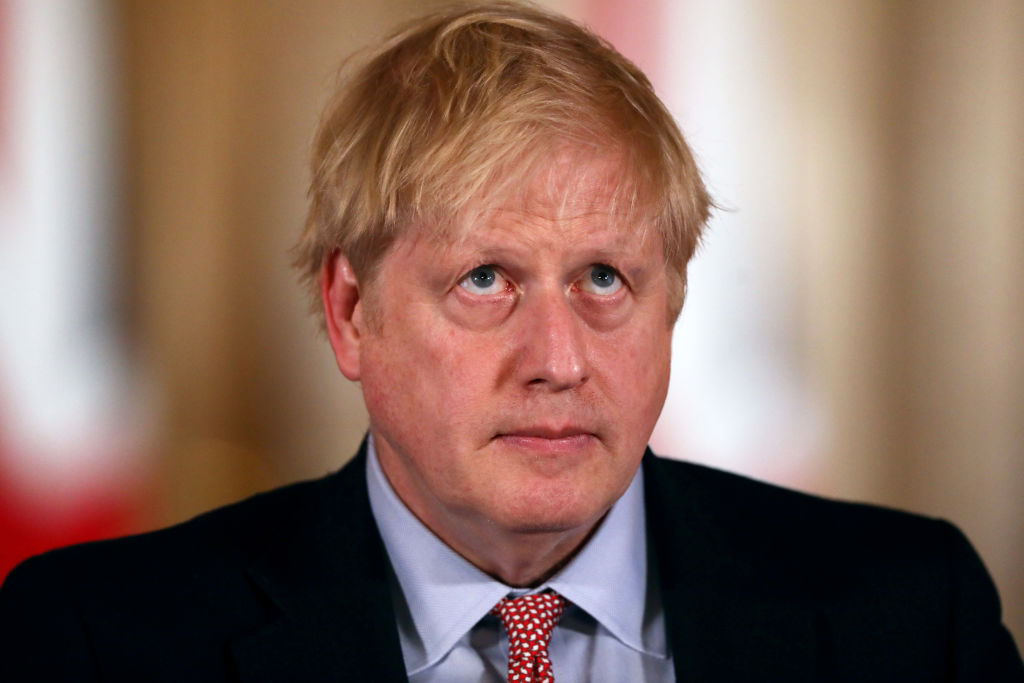I think I might have just read the best essay to come out of the Covid crisis so far. It’s by Bruno Maçães in Foreign Policy magazine. He argues that the response to the pandemic has revolutionised our understanding of the economy and that, as a result, a whole new era of politics is dawning.
Imagine if some of your organs were to suddenly shut down — say, your liver, kidneys, spleen and lymphatic system. Would you expect the rest of you to carry on for very long? No, is the obvious answer. However, three months ago we shut down many of the key components and connections of the economy, and yet the whole system has not crashed.
Indeed, we’ve seen both the private and public sectors adapting at speed. Maçães describes how supply chains and essential services have been re-engineered, almost overnight, to enable us to keep going despite the extraordinary restrictions of lockdown.
In the 20th century, we came to see the economy as like a biological organism — i.e. highly complex, but the result of spontaneous organisation and undirected evolutionary processes. The complexity that results is therefore hard to unpick and reconfigure, because it wasn’t consciously designed to be so. Certainly, living things resist our attempts to genetically engineer them — the more we discover about genetics the more obstacles we find to our meddling.
But as the lockdown period demonstrates, the 21st century economy is more like a machine that can be rebuilt and reconfigured — the biological metaphor is out of date. Indeed, Maçães speaks of a “programmable” economy. This is often literally the case, given the ever-growing extent to which we can manage complex systems in real time through IT and advanced logistics.
So given the remarkable achievements of the last three months, the question now is ‘what else should we do?’:
Maçães is no socialist, but you can bet that if the economy has become programmable the Left will want to re-program it. So, should we give statist central planning another try? Not exclusively, because things like incentives, accountability, creativity and competence will still determine how well our new tools are used — and thus we also need the disciplines of the market place and the inspirations of civil society.
That said, it’s clear we’ve embarked upon a new era of activist government. We don’t have to tolerate chronic problems like the housing crisis or to passively accept our dependence on the Chinese for 5G technology. Even if a weakness is structural, we now have ample proof that we can re-structure if we really want to.
The age of excuses is over.











Join the discussion
Join like minded readers that support our journalism by becoming a paid subscriber
To join the discussion in the comments, become a paid subscriber.
Join like minded readers that support our journalism, read unlimited articles and enjoy other subscriber-only benefits.
Subscribe